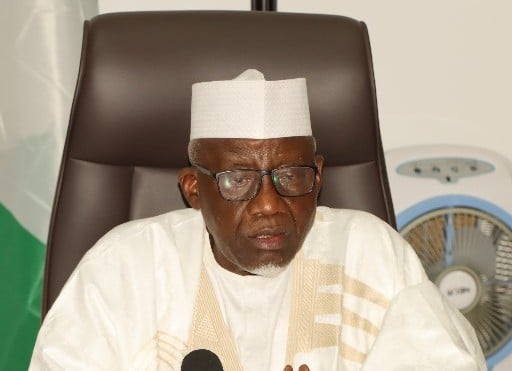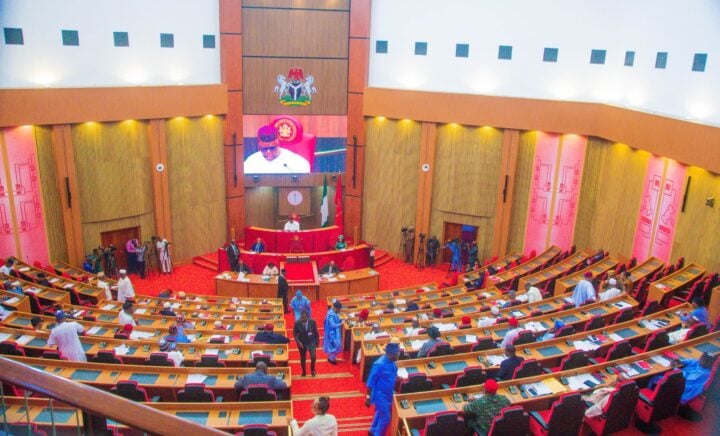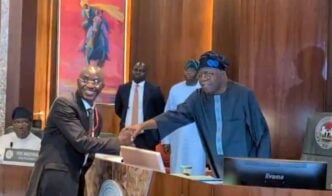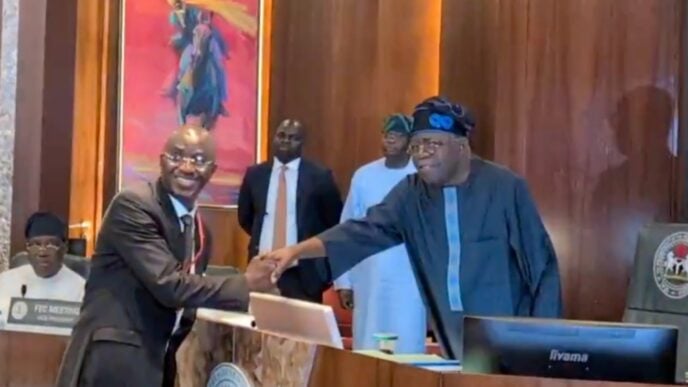Muhammad Dingyadi, the minister of labour and employment, says the new national industrial relations policy (NIRP) was not designed to stop workers from embarking on strikes.
On July 31, the federal government approved the NIRP as a framework to minimise industrial disputes and foster stable labour relations across the country.
The federal government had said the policy will serve as a guide for trade unions, employers, and government institutions, encouraging structured dialogue and aligning Nigeria’s labour practices with global standards.
However, the Nigeria Labour Congress (NLC) described the NIRP as an attempt by the federal government to criminalise strikes and suppress trade unions.
Advertisement
Joe Ajaero, NLC president, said there were attempts, during the drafting stages of the policy, to insert clauses that would criminalise strike actions but were rejected by representatives of trade unions, employers, and the labour ministry.
However, speaking at a press briefing in Abuja on Tuesday, Dingyadi said the policy was initiated to promote social dialogue and promote tripartite cooperation among government, employers, and workers.
“Some people are just misconstruing or misunderstanding this policy. There is no intention to use that policy to prevent workers from going on strike,” the labour minister said.
Advertisement
“In fact, it is there to ensure that there is peace and a cordial relationship among partners, government and employees.
“The policy emphasises dialogue, and there is no way we can prevent workers from going on strike.”
The labour minister added that after the policy was initiated, some workers embarked on a warning strike without any form of restriction for the federal government.
Advertisement








